【???? ????? ???? ???????】Keiko Fukazawa’s ‘Culture Clash’ at El Camino


TORRANCE — Artist Keiko Fukazawa’s “Culture Clash,” a mid-career retrospective of her highly energized ceramic works, is on view at El Camino College Art Gallery, 16007 Crenshaw Blvd. in Torrance, through March 31.
Fukazawa was born and raised in Japan, where she studied art at the Musashino Art University in Tokyo. Here she was stifled by the pervasive viewpoint at the time that women were not to be taken seriously as contemporary artists.

Fukazawa’s mother, who was a non-traditional person herself, had wanted to be a painter. As this was not accepted by her generation, she became an excellent and creative cook while supporting the viewpoint of her unconventional daughter.
Following her work at the university, Fukazawa apprenticed at a studio in the renowned ceramics town of Shigaraki, but also found the system there very rigid. At this point she heard about the bold clay revolution taking place in California, led by sculptor Peter Voulkos. In 1984 she moved to Los Angeles, where she enrolled at Otis Art Institute and studied under Ralph Becerra, a well-known artist with a powerful penchant for surface design.
After graduating from Otis, Fukazawa began to teach and is now the head of the ceramics program at Pasadena City College.
“Culture Clash” spans a period of approximately 30 years and seeks to represent a broad view of this fascinating artist who moves from culture to culture, assimilating ideas and techniques while simultaneously poking fun at the present-day sacred cows she encounters.

Fukazawa’s entire oeuvre is characterized by the juxtaposition of traditional forms with the modern and eccentric. She has the ability to tap into the undercurrent of contemporary culture, whether in Japan, the U.S., or China, and produce objects that reflect an understanding of the specific esthetic and cultural traditions in which she is immersed.
Fukazawa combines a grasp of history with a pointed playfulness. She seems to absorb the symbolic information of whatever local culture surrounds her and mirror it back through her ceramic works in a way that brings new life to, and understanding of, the locale.
Among the works Fukazawa explores in “Culture Clash” are a substantial group of graffiti-adorned work; Chinese scholars’ rocks; and recent objects made in China.
In her graffiti series, she worked in tandem with prison inmates/gang members to create images. Fukazawa began by creating large plates and vessels, which she fired and then broke into pieces. While working in a program to introduce art into prisons, she distributed the fragments to the inmates to embellish with drawings and graffiti. Fukazawa decorated some of the shards herself, using traditional Japanese erotic drawing and painting techniques. The broken pottery was then reassembled to form vessels and plates with extraordinary surfaces and messages.

Fukazawa’s scholars’ rocks mimic Chinese objects of philosophic and esthetic veneration that are traditionally made with special stones that have been carefully fitted with carved wooden bases. Her stones, however, are composed of cast Beanie Baby toys glazed with unusual colors that gleefully merge the ancient with a sort of futuristic sci-fi presence.
In 2013 and 2014 the artist performed month-long residencies in the porcelain capital of China, Jingdezhen. Here she produced ceramic works with appropriated imagery from commercial statues and photos of Mao Zedong, which she re-contextualized “in order to comment on his original ideology.”
Fukazawa adds strategically placed cast porcelain flowers to white busts of Chairman Mao, glazed with timeless formulas, and spoofs traditional formal Chinese landscape vases by adding luxury brand logos (Louis Vuitton). These objects mischievously observe the effects of globalization and consumer culture in current-day China.
Admission to the El Camino College Art Gallery is free and open to the public. On-campus parking requires visitors to purchase a $3 permit.
Gallery hours: 10 a.m. to 4 p.m. Monday and Tuesday; 12 to 8 p.m. Wednesday and Thursday; closed Friday, Saturday and Sunday. For more information, call (310) 660-3010 or visit www.elcamino.edu/artgallery.

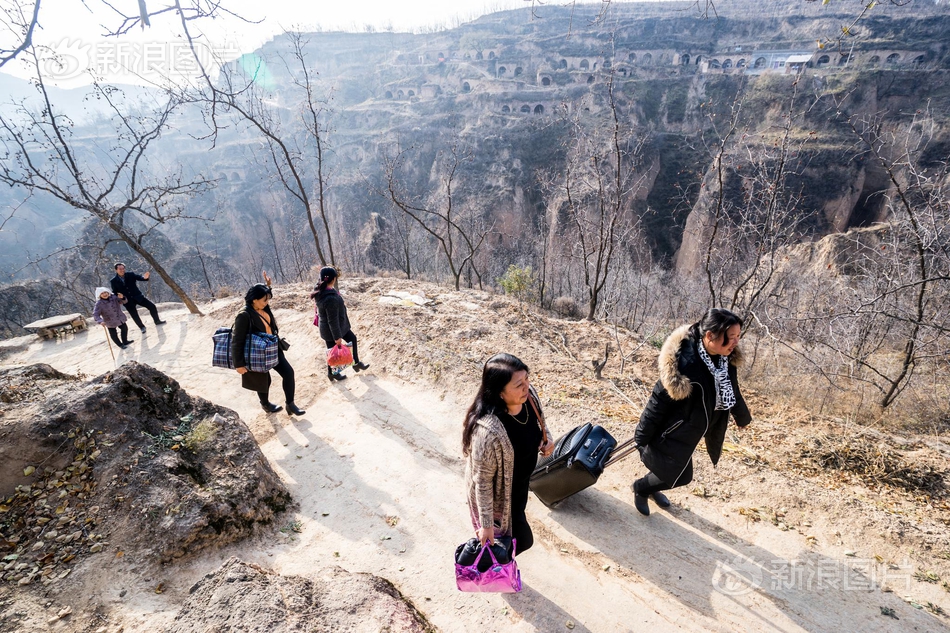
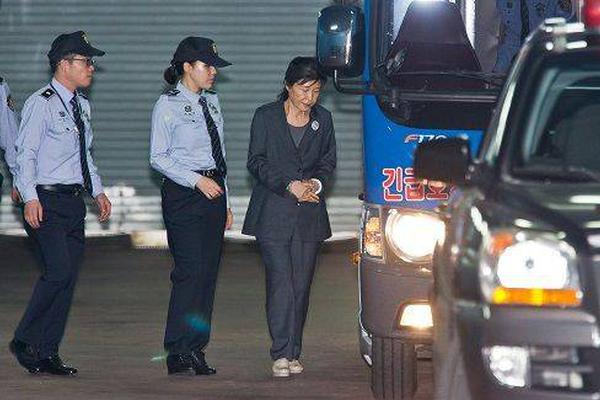

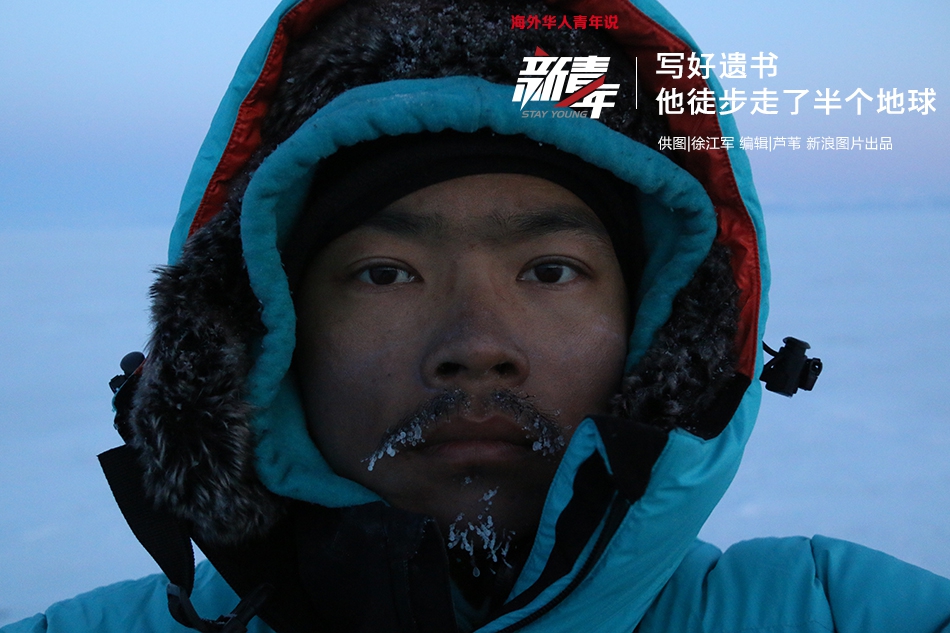
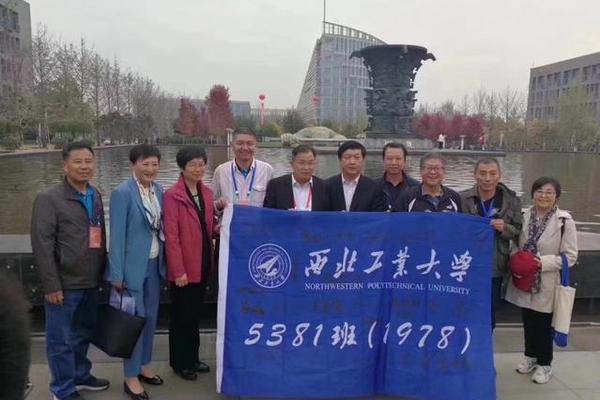
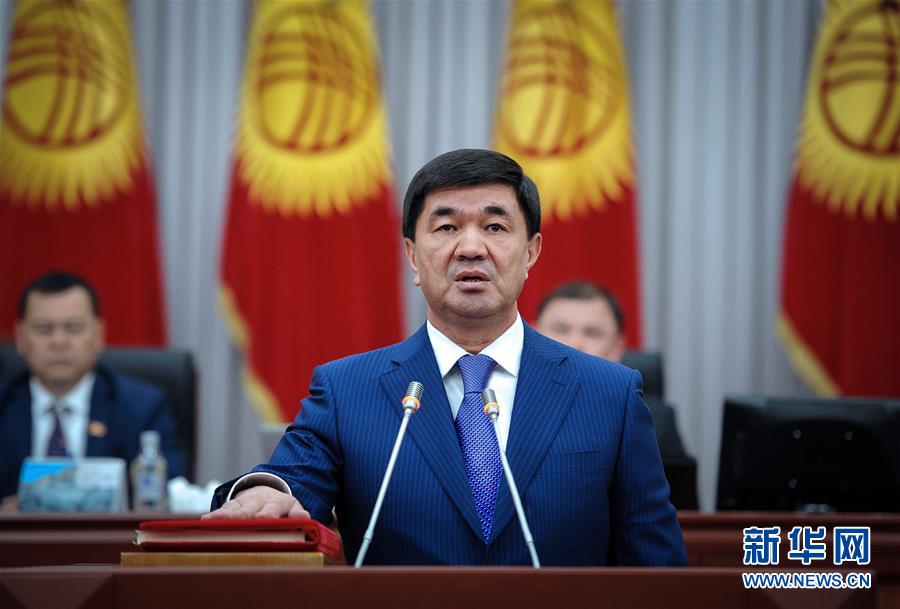

Comments
Leave a Comment